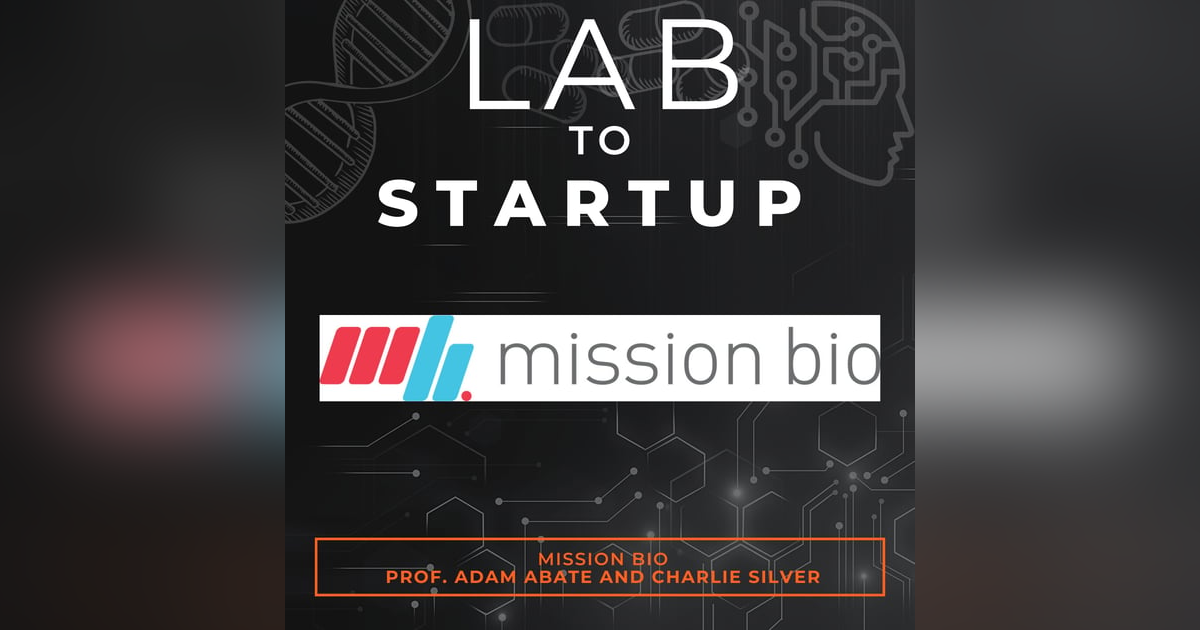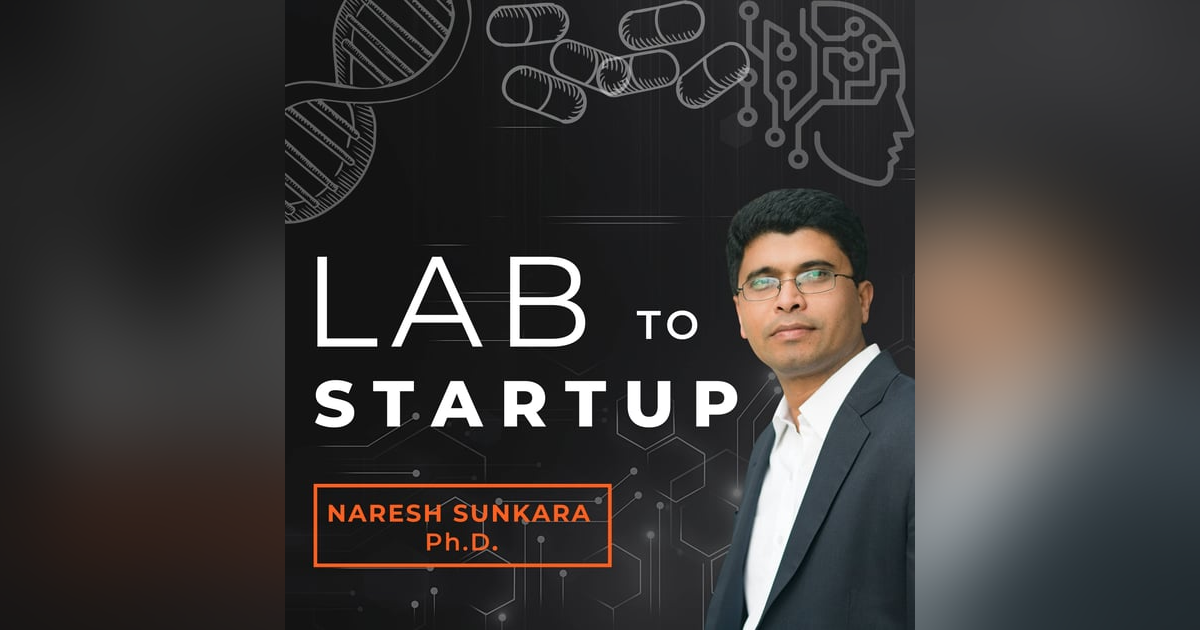Mission Bio- Startup providing cancer researchers with the only multi-omics single-cell technology solution that simultaneously detects SNV, CNV, and protein data from the same cell.

Mission Bio is a startup that pioneered high throughput single cell sequencing. We talk about how they are helping researchers and clinicians unlock single-cell biology to enable the discovery, development, and delivery of precision medicine; the...
Mission Bio is a startup that pioneered high throughput single cell sequencing. We talk about how they are helping researchers and clinicians unlock single-cell biology to enable the discovery, development, and delivery of precision medicine; the underlying technology; how they decided between single cell RNA sequencing vs single cell DNA sequencing; founding story till the recent change in leadership, and future goals.
Show Notes
- Adam questions his students- "take a step back and tell me why you are doing this research?" "Why are you spending your life, 5-6 years of your life working on this thing?" So few grad students and postdocs think about this! What do I want from my career?
- I am always thinking about the practical aspects of my research and question myself- why am I doing this?
- If you are focused too much on fundamental science, it is difficult to discover problems that matter- need to push yourself out of the comfort zone to work on problems that matter. Finding an institute to work where problems come to you for solutions could be a solution
- High failure rates of potential drugs opens up the way for developing technologies for precise measurement to support the entire drug development pipeline
- Technologies that we are using for the underlying basic research currently are blunt hammers & imprecise tools. Precision in sequencing helps solve the problem.
- While single cell sequencing is ubiquitous now, grant applications were rejected one after the other basically asking what Adam was going to do with the research!
- Realizing that the professor is the CEO of his lab and the startup was an offshoot and needed someone capable to run it was important. Control was not important and realized it was detrimental to the startup. But always offered help as needed.
- A lot of academic founders who haven't built a startup play hardball about equity, roles, control they can maintain, which is a mistake.
- Tapestry platform- leading single cell sequencing product in the world.
- Single cell RNA sequencing vs Single cell DNA sequencing- how they made the choice to go after DNA instead of RNA, which turned out to be a competitive edge.
- Developing the technology to a certain maturity where the veterans in the investment community are willing to write a check is a balancing act.
- Technology validation is super important for VCs to write a check.
- Leadership transition-Importance of leaders changes as the company progresses. Staying relevant in the company is hard if you don't evolve.
- With commercializing, you have to be able to think about solving big problems that are beyond you!








